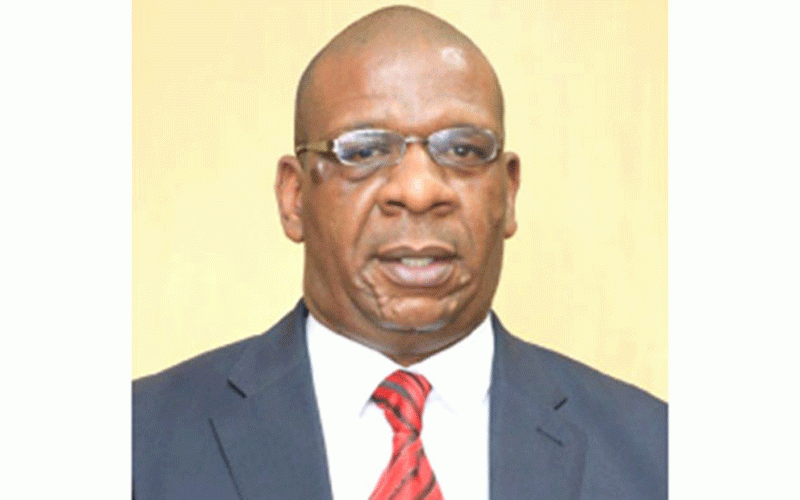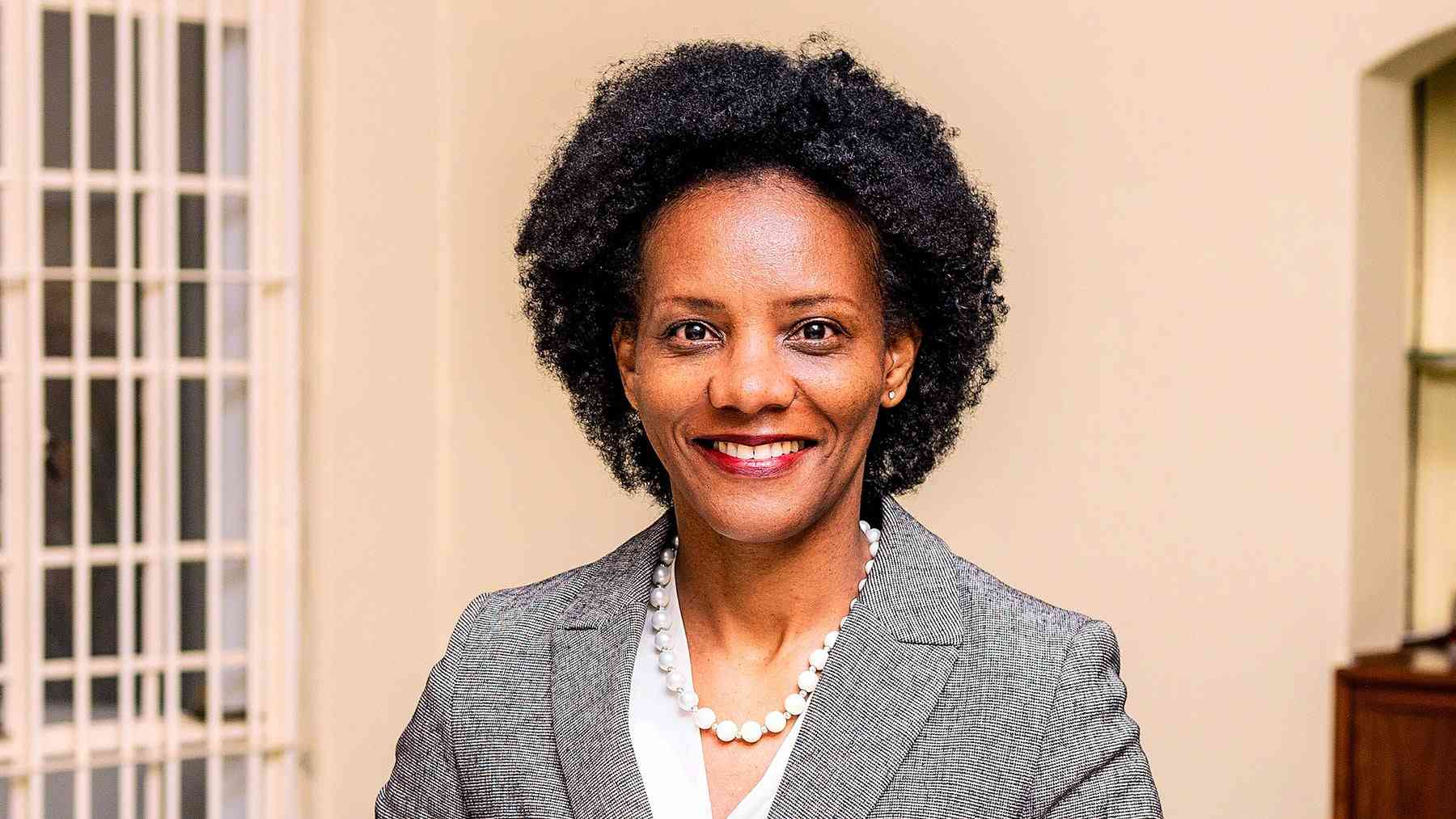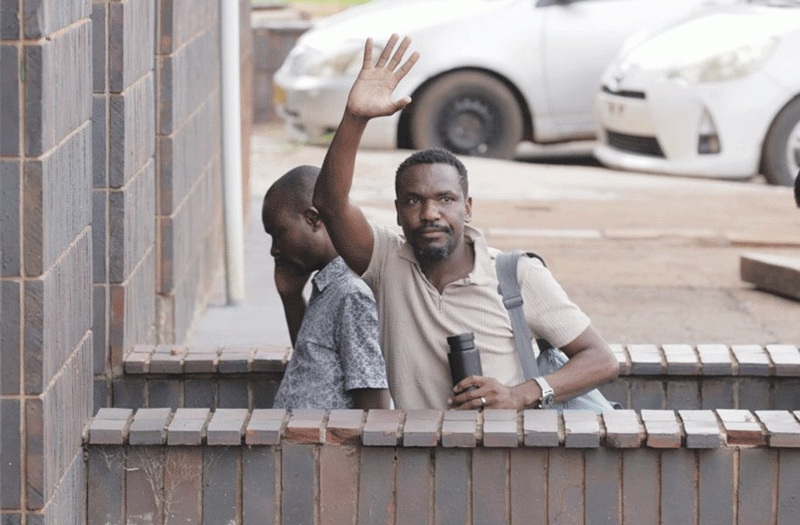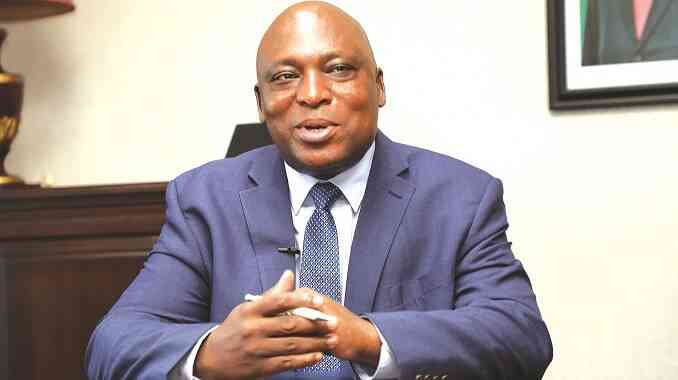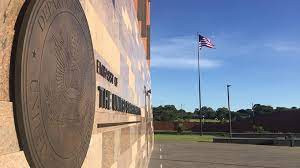
THIS week, Zimbabwe celebrated its 43rd Independence Day. The event, which was held in Mount Darwin, Mashonaland Central province, took place as Zimbabwe’s economic crisis continued, with exchange rate fragilities, foreign currency shortages and high inflation rate among the biggest hurdles confronting the country. African leaders have blamed Zimbabwe’s protracted economic turmoil on western sanctions imposed on Zimbabwe by countries including the United States of America. Ahead of the celebrations, Enos Denhere (ED), a freelance journalist contributing to the Zimbabwe Independent, reached out to the American Embassy (AE) in Harare to understand how Washington’s relationship with Harare has been evolving since the fallout over two decades ago. The US says it is ready to support Zimbabwe. Below are excerpts of the interview;
ED: At the end of last year, President Joe Biden hosted a three-day summit to deepen relations between the US and African countries, based on mutual respect and shared interests and values. It also provided an opportunity to listen to and engage with the US’ African counterparts. We would like to understand more about the relationship between Zimbabwe and the US.
AE: The US government works to highlight opportunities for trade and investment that will benefit US and Zimbabwean businesses alike. In 2022, Zimbabwe exported US$86,5 million worth of goods to the US, and the US sold US$41,1 million worth of goods to Zimbabwe. The US welcomes the opportunity to increase bilateral trade with Zimbabwe. There is no US bilateral trade embargo against Zimbabwe and, similarly, there are no restrictions against US companies doing business in Zimbabwe.
ED: Is "bad diplomacy" on the rise against Zimbabwe? According to some sections of the media, Harare claimed last year that the US embassy was scolding Zimbabwe like a child. What is your comment?
AE: The US stands by the commitments we made to the people of Zimbabwe at independence in 1980, which is to work together to promote democratic institutions, equitable economic growth, public health and food security.
Although the governments of the US and Zimbabwe may differ on the best means of achieving a better future for all Zimbabweans, we seek to engage in a respectful dialogue that upholds the universal values and rights Zimbabweans fought so hard to gain 40 years ago. Zimbabwe must implement necessary political, democratic and economic reforms, in line with Zimbabwe’s own Constitution and their international human rights obligations, to provide Zimbabwean citizens the prosperity, security and well-being they deserve.
ED: How do you intend to strengthen the bond between Zimbabwe and other African countries so that they can better support each other on economic issues?
AE: The Biden Administration aims to strengthen ties with African partners based on mutual respect.
- Total shutdown looms
- ED dithers on policy
- All set for Miss Chitungwiza 2022
- ED dodges dying Zimdollar
Keep Reading
We are engaging countries as equal partners to achieve our shared priorities and common interests, including health security and climate change. The US/Africa Leaders Summit was convened in that spirit.
ED: The US has been the top ranked country in terms of providing scholarships to Zimbabwean students. Tell us about the opportunities that are there for students who want to visit, work or study in the US?
AE: There are over 1 500 Zimbabwean students currently studying at American colleges and universities. Zimbabweans are eligible to apply for a wide range of educational and professional exchange programmes administered by the State department and American universities.
ED: It seems the US has agreed to restart the process of issuing Zimbabwean journalist visas. What could be the possible importance of this programme?
AE: The United States supports the freedoms of speech, assembly and affiliation of all Zimbabwean citizens, journalists included. To that (end) journalists must have the capacity and necessary skills required to effectively carry out their duties.
ED: Tell us about the US government’s intervention on the humanitarian front in Zimbabwe.
AE: Since Zimbabwe’s independence in 1980, the US government has provided over US$4,5 billion to the Zimbabwean people in humanitarian, health and development assistance. The US government has provided more than US$1 billion in the last three years alone. The majority of this assistance has been the United States President’s Emergency Plan for AIDS Relief (PEPFAR), which works in 44 of Zimbabwe’s 63 districts. In just 2022-2023, the United States committed more than US$203 million to support a comprehensive package of prevention, treatment and support services. Under PEPFAR, the US government provides lifesaving antiretroviral medicines to more than 1,2 million HIV-positive Zimbabweans, ensuring viral load suppression in 1,2 million (95% on anti-retroviral therapy) individuals. PEPFAR also contributes nearly US$76 million annually to support salary and incentives for more than 21 700 healthcare workers in Zimbabwe, including nurses, lab scientists, social workers and community health workers, to deliver and improve HIV care and treatment services.
ED: Will US companies be exhibiting at the Zimbabwe International Trade Fair (ZITF) 2023, which will be held in Bulawayo next week?
AE: The United States continues to engage the citizens of Zimbabwe and will be participating in the upcoming trade fair.
Denhere is a freelance journalist. — [email protected] or WhatsApp +263773894975.

